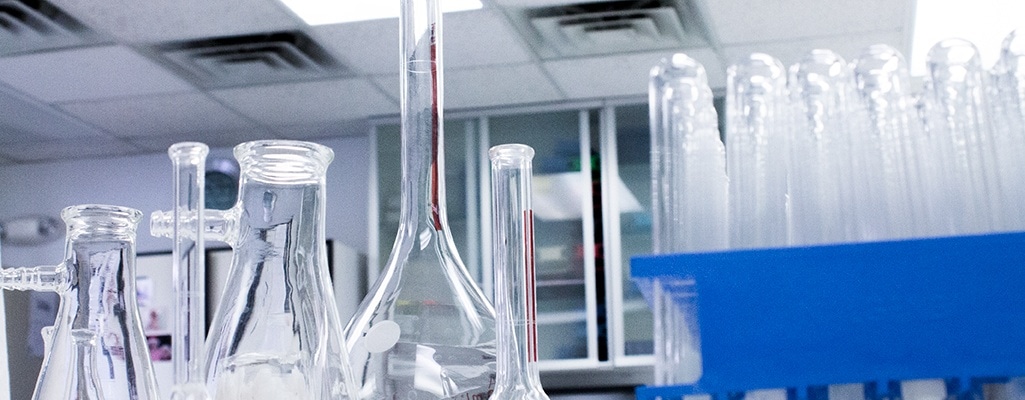Are you completely happy with the quality of your home’s water? If not, you may surely do something to resolve the issue. However, to resolve the issue with your water, you must first identify what is causing the problem.
Most people believe that the city should supply them with safe drinking water if they reside in a city. However, this is not entirely correct. Although towns are required to provide safe drinking water to their residents, keep in mind that excellent quality drinking water and water that might create health dangers to you and your family are two different things.
If you’ve moved around a lot in your life, you may have noticed a difference in the water quality at your house. Some areas have excellent water, but in others, the water may not make you sick, but it may taste unpleasant or have a horrible odor. That is why drinking water testing in Warrenton, VA is important.
So, what types of water testing do we provide? We do two kinds of water testing. One checks for water safety, while the other check for water quality. We primarily offer three water safety tests, which are as follows:
Lead – Flint, Michigan’s water supply was contaminated with lead. This occurred due to automotive factories in the region introducing lead into the local river, which served as the source of the public water supply. Lead poisoning is also a possibility if you reside in an old house with outdated water pipes. As a result, it is important to test the lead levels in the water you get at your home to ensure that it is safe to drink.
Nitrates – If you live in a country where there is a lot of agricultural activity, your drinking water may have a high percentage of nitrates. The nitrate test results will show you if the nitrate level in your water is too high. This is one of the most commonly performed types of drinking water testing in Warrenton, VA.
Total Coliform Bacteria – Coliform bacteria is a major cause of gastrointestinal illness. If you or a member of your family is suffering from persistent digestive problems, the source might be your drinking water. This test can help you confirm or rule out bacteria and other microorganisms in the water.
Aside from serious health issues, you may wish to conduct drinking water testing if you are dissatisfied with the water quality you receive. For example, the water may have an unpleasant flavor or odor. The following are the primary water quality tests that we provide to our clients.
Hardness — If you have hard water coming through your pipes, it may produce an undesirable flaky residue buildup in your sinks, showers, and bathtubs. Furthermore, hard water hinders soaps from lathering properly.
Sulfates – If your pipe water smells like rotten eggs, it might be due to high sulfate levels. This test can assist you in confirming the sulfate levels in your drinking water.
Iron — Excessive iron in tap water creates reddish-brown staining in sinks, bathtubs, and toilets. This test can assist you in confirming it.
Manganese – Manganese, like iron, produces stains on your sinks, tub, and toilet if it is present in high amounts in your tap water. It also stains your clothing when you use this water to wash them.
pH – The flavor of your drinking water is affected by a very high or extremely low pH level. Not only that, but excessive pH levels in tap water can damage your home’s water pipes, resulting in a range of hazardous metals seeping into the water your family depends on for drinking.
Total Dissolved Solids – Different minerals may be present in your tap water. Although a bit of quantity of minerals in your water is beneficial, minerals in large concentrations can adversely affect the flavor of your drinking water. This test will assist you in determining which minerals are present in your tap water and their precise quantities.
Remember that having your drinking water tested is simple and easy. The first step is to contact us and explain your situation. Once we understand your unique situation, we will propose the precise tests you should do on your drinking water and give you the sample collection kit. Once you’ve received the kit, proceed with the procedures outlined below.
- Make careful you only collect samples in the containers given by us.
- If the bottle is damaged or the seal is broken, do not use the sample container. In such situations, please notify us, and we will send you a replacement.
- Remove the aerator screen from the faucet before collecting the sample.
- Soak a cotton ball in isopropyl alcohol and use it to clean the interior and outside of the faucet to ensure it is clear of external pollutants.
- Run the cold water for 5 minutes.
- Now, without touching the insides of the collecting container, open it.
- Fill the container to the 125 mL mark and secure the container cover firmly.
- Label the container with your name, and remember to keep the sample you gathered refrigerated until it is transported to a drop-off location near you or the lab.
That’s all you have to do for utilizing our drinking water testing in Warrenton, VA. To get in touch with us, fill out the contact form on our website, and our representative will contact you soon.

